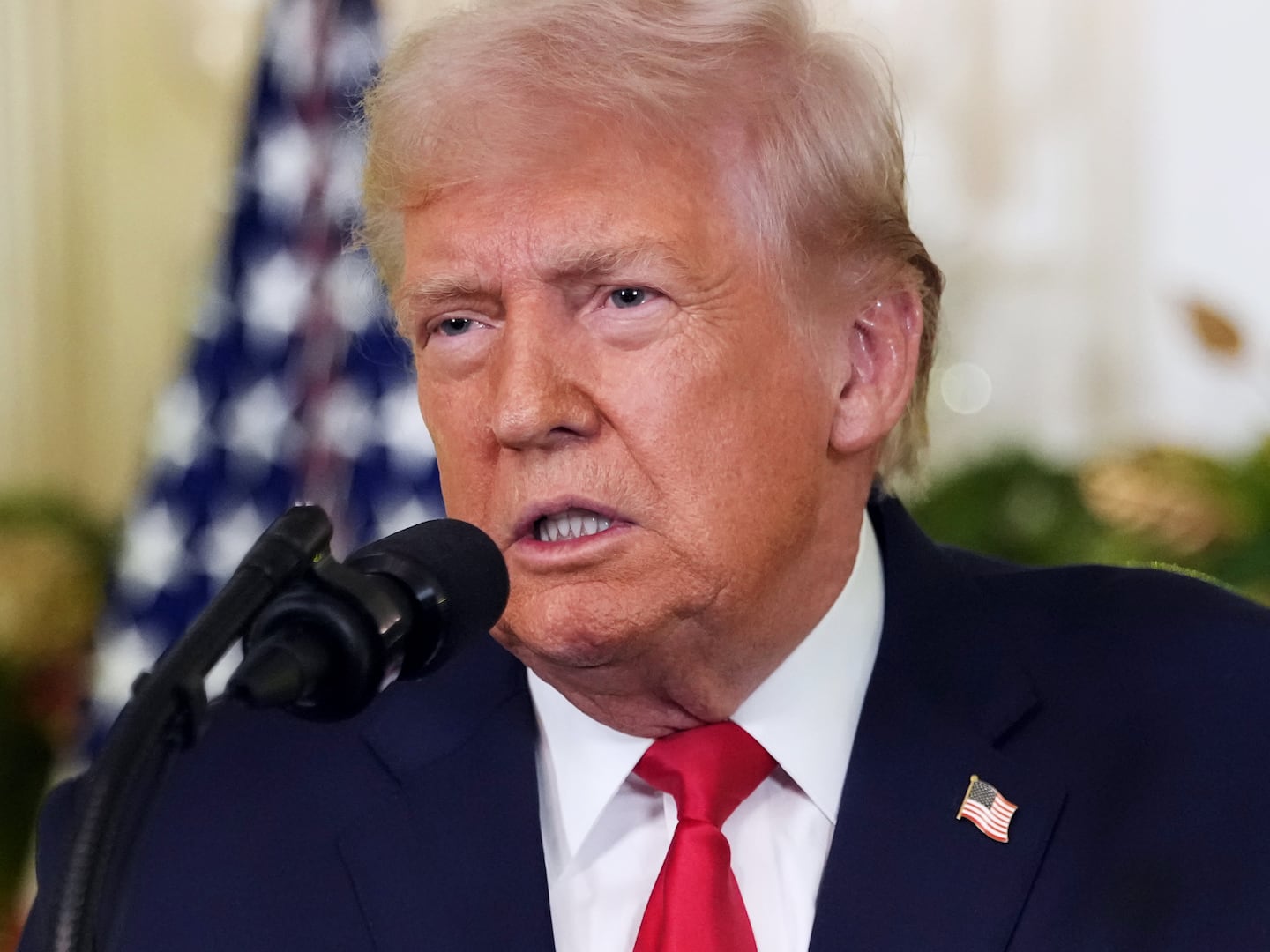On Monday, the Supreme Court begins consideration of the most-talked-about constitutional controversy since Bush v. Gore: the Affordable Care Act, a.k.a. Obamacare. The challenge to President Obama’s signature legislative achievement has been called “historic” and “one of the most significant cases heard by the court in decades”.
One measure of how big this case is—really four cases dealing with different parts of the law—is that the Supreme Court, which usually allocates one hour of oral argument to a law, has allocated six hours, spread out over three days. That’s the most time the justices have given to a controversy in nearly half a century. “It’s going to be enormous,” said Kenneth Janda, a professor of political science at Northwestern University.
Yet this case might very well end with a whimper rather than a bang.
The public debate over the health-care law has focused on the individual mandate, which requires that nearly everyone have health-insurance coverage. Opponents claim the mandate is unprecedented and, if allowed to stand, will prove the end of individual liberty and limited government. Next thing you know, Congress will be requiring us to go to the gym, drive American-made cars, or even—gasp!—eat broccoli. Supporters of the law insist that it is part of a comprehensive reform of the national health-care system, which is clearly a matter of interstate commerce that Congress is explicitly authorized by the Constitution to regulate.
Legal commentators and Supreme Court reporters have focused their attention on how the court is likely to rule on the mandate:
Will the court strike it down? Will Justice Kennedy side with the liberals? Will Chief Justice Roberts, who is thought to be so concerned with the public legitimacy of the court, vote to uphold the law to avoid being tagged as a partisan? Is Justice Scalia’s vote in play? (Umm, no.)
But there’s a good chance the justices will not rule on the mandate. That’s because the court has decided to hear arguments on a threshold issue: are the challenges to the mandate ripe for judicial review?

That issue arises from a longstanding federal law called the Anti-Injunction Act. Enacted in 1867, the law provides that “no suit for the purpose of restraining the assessment or collection of any tax shall be maintained in any court by any person.” If you think the IRS has imposed a tax on you improperly, you must first pay the tax and then request a refund from the IRS. Only then can you file a lawsuit challenging the tax.
Arguably, the individual mandate is just a tax. If you choose not to have health-care insurance, you won’t be thrown in jail. According to the relevant provisions of the Affordable Care Act—which amended the Tax Code—you will have to pay a tax penalty, which is collected by the Internal Revenue Service and paid as part of your annual tax filing. If you fail to pay the tax, the only action the IRS can take against you is to withhold or reduce any refund you may otherwise be owed. Only taxpayers are required to pay the tax penalty; if you don’t have to file a tax return, you don’t really have to have health insurance.
That’s why Republican former Sen. John Ensign insisted during legislative deliberations that the mandate was a tax. “In this case, if you choose to not do something—in other words, if you do not choose health insurance—this bill will actually tax you.” (For its part, the Obama administration has been all over the map, claiming that the law isn’t a tax one day, only to turn around the next day and say that it is.)
If the Supreme Court determines that the mandate is a tax, the litigation over the law will be thrown out of court. That’s because under the Anti-Injunction Act, no one has the legal authority to challenge the mandate until after they’ve paid the tax penalty to the IRS. And because the mandate does not go into effect until 2014, that means no court could hear a lawsuit challenging the mandate until 2015 at the earliest.
Opponents of the health-care law are emboldened by several federal court decisions that rejected the claim that the mandate is a tax. But their confidence may be misplaced. Despite the fact that neither the challengers nor the Obama administration asked the Supreme Court to decide whether the mandate was a tax, the justices themselves concluded this issue was worth considering. On their own motion, the justices decided to schedule 90 minutes of oral argument on the whether the Anti-Injunction Act applies. They even took the unusual step of appointing a high-profile Washington lawyer to argue that the mandate is indeed a tax.
Last year, the Fourth Circuit Court of Appeals, a conservative federal court with one of the lowest rates of reversal by the Supreme Court, held that the mandate was a tax (PDF). In another mandate challenge, influential conservative judge Brett Kavanaugh, who is projected to be on any Republican president’s short list of potential Supreme Court nominees, explained, “The Tax Code is never a walk in the park. But the statutory analysis here leads to a firm conclusion that the Anti-Injunction Act bars this suit (PDF).”
If five justices of the Supreme Court agree, then all of the hullabaloo surrounding the past two years of litigation over Obamacare will have been for naught. The good news is that, come 2015, we’ll be able to do it all over again.






